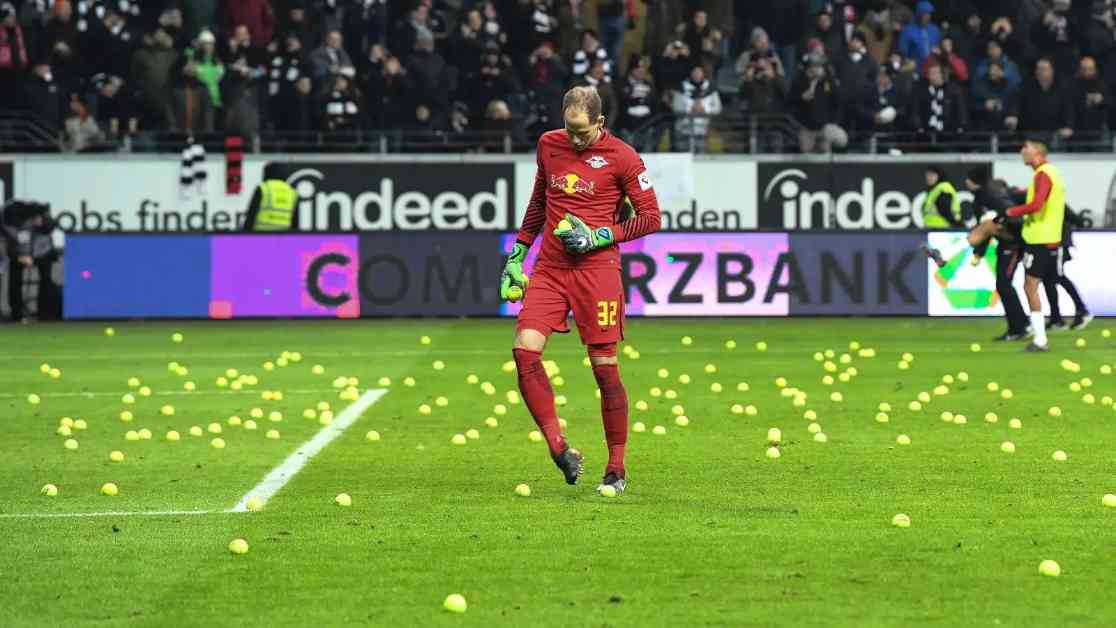Alright, so here’s the deal with modern football – the fixture list is pretty much at the mercy of the bigwigs who control the cash flow. Get a fat TV deal signed, and suddenly all the traditional match days become a hassle. But over in Germany, that cold hard economic reality clashed head-on with something a bit more stubborn – the fans’ culture – and guess who came out on top? That’s right, the fans.
The whole saga of Bundesliga stands empty on a Monday night and, within a few seasons, kiss Monday night kick-offs goodbye is not all about flashy displays or social media blitzes. It’s a tale of silent but powerful resistance – seats left vacant, halves interrupted by whistles, and even tennis balls making an appearance on the pitch until the schedulers finally took notice. The German Football League (DFL) eventually caved and decided to scrap those Monday games in the next TV cycle, proving that fans still have a say when they band together.
Fast forward to the 2017/18 rights cycle, and Monday night football made a comeback to Germany. Broadcasters saw it as a nifty way to squeeze in an extra premium match, but for many fans, it was a slap in the face. Imagine having to take a day off work just to travel for an away game on a Monday. The fans who treasured their weekend match rituals felt like their culture was being sold out for a handful of euros.
In early 2018, fan discontent turned into organized action. Groups like the ones supporting Eintracht Frankfurt made a bold move – hundreds cleared out of the stands before kick-off, unveiled banners, and even delayed the start of a match. And let’s not forget the tennis balls that rained down on the pitch to put a stop to the game. It was a mix of satire, defiance, and strategy all rolled into one. The message was loud and clear – no to a fixture slot designed to line pockets rather than honor the fans’ way of life.
The protest methods may have been simple, but they were effective. Silent protests, mass boycotts, and the occasional tennis ball interruption all added up to a significant drop in attendance for televised Monday fixtures. Borussia Dortmund, for instance, saw a major dip in their usual crowd numbers. And you know what that means – a dent in the ratings and sponsorship deals that no one wanted to see.
But it wasn’t just about making a statement; it was about hitting them where it hurts the most – the wallet. Borussia Dortmund’s CEO laid it out plain and simple: if 80% of the public is against it and stadium turnouts plummet, the whole Monday night football charade falls apart. It was a wake-up call for the league and broadcasters that fan support is a currency that can’t be ignored.
The protests kept gaining momentum, evolving into a recurring headache for the powers that be. Broadcasts were disrupted, stadiums littered with tennis balls, and matches halted by referees. It was a mess for the game’s image and a nightmare for those pushing the narrative that these deals were all about good business.
In the end, the DFL and clubs had to face reality. The anger wasn’t going away, and it was starting to hurt them where it hurt the most – in their pockets. So, in November 2018, the DFL made it official: no more Monday fixtures starting from the 2021/22 season. The fans had spoken, and this time, they were heard loud and clear.
The Bundesliga protests serve as a powerful reminder that organized fan action can bring about real change. It wasn’t just about making noise; it was about strategically using their influence to drive home a point. Fans leveraged their power, and it worked. The empty seats on a Monday night spoke volumes, showing that even the biggest commercial machines can’t ignore the voices of those in the stands.
So, the next time you think fans don’t have a say in how the game is run, just remember the Bundesliga protests. Because when push comes to shove, it’s the people in the seats who truly matter.
















